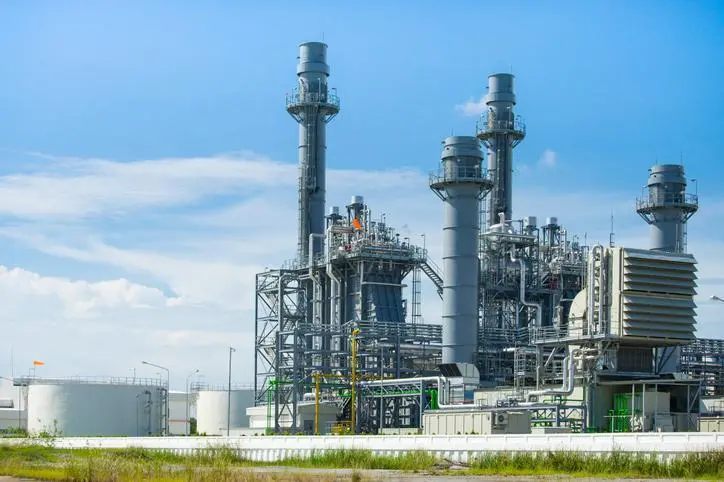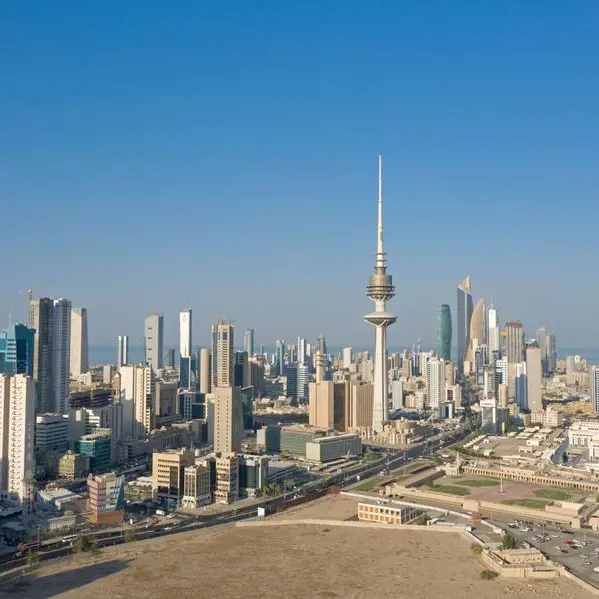PHOTO
MEED magazine reported that Kuwait awarded, during the past decade (2013-2023), contracts for projects in the field of power generation amounting to $3.916 billion, and in the field of energy transmission $7.229 billion, for a total of $11.145 billion, making it the third largest Gulf market after Saudi Arabia and the UAE in this field.
At the level of the Middle East and North Africa region, the magazine said that contracts for energy generation and transmission projects valued at approximately $25.3 billion were awarded between January and November 2023, and this momentum is expected to continue during the coming period.
Although this number is small when compared to the record value of projects awarded in 2015, which amounted to $37.7 billion, at the same time, it is 38% more than the awards for the entire year of 2022, according to data issued by MEED Projects, which tracks regional project activity.
On an annual basis, the value of power generation contracts awarded increased by 40% to $19 billion, outpacing the transmission subsector growth by approximately 9%. Contrary to what was the situation in the past two years, Kuwait, the Emirates, and Oman were awarded huge power generation contracts in 2023, after Saudi Arabia, which in the same year concluded 60% of power generation contracts in the region, according to Med Projects data.
The magazine inferred, by analogy with contracts for the last quarter of 2023, that the energy sector in the region is expected to maintain its momentum in 2024, and revealed that tender documents are being prepared for two power generation projects in Riyadh and Khafji with a capacity of 3.6 gigawatts.
At the same time, Kuwait and Qatar are moving forward with the commissioning phase of independent water and electricity production projects that have been postponed in recent years. She pointed out that while this provides opportunities for gas turbine manufacturers in China, there is a great preference in the region, especially among the Gulf Cooperation Council countries, for products made in European Union countries.
However, the same expert believes that the huge increase in demand for gas turbines may be temporary, with the possibility that demand will begin to decline after 2024 because project owners and facility developers will have to think about the impact of these turbines on their obligations related to ending carbon emissions. According to the data available to the magazine, Iran, Algeria, Kuwait, the Emirates, and Qatar will be major markets for projects in the bidding stage, and the countries of Morocco, Egypt, Kuwait, and the Emirates constitute the most promising markets after the Saudi market for projects in the study, design, and pre-qualification phase.
The magazine believed that in the forested future, Saudi Arabia will continue to dominate the activities of electricity sector projects in the region, deriving momentum from renewable energy projects, which Saudi Arabia aspires to cover half of its production capacity by 2030, and Vision 2030 plans, which includes the NEOM, Red Sea, and Amala projects, in addition to a cost-effective manufacturing program. Several billion dollars.
© 2022 Arab Times Kuwait English Daily. All Rights Reserved. Provided by SyndiGate Media Inc. (Syndigate.info).





















